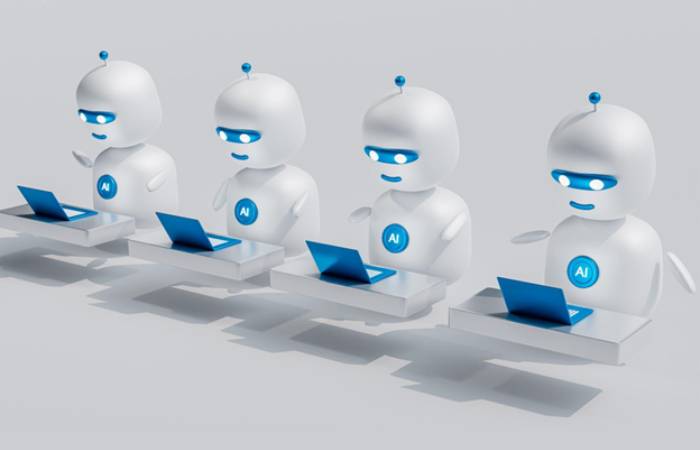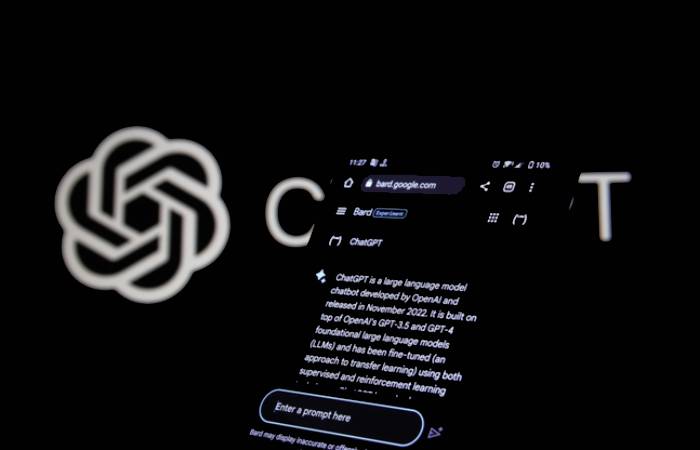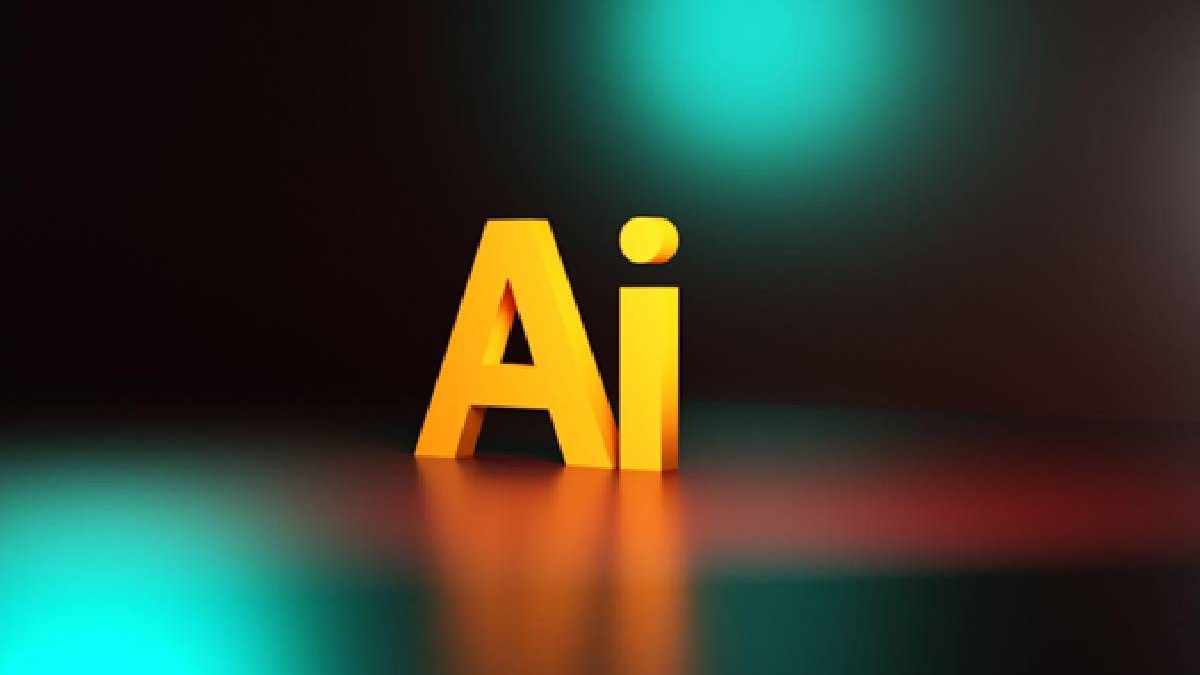“Technology is best when it brings people together.” – Matt Mullenweg.
This quote reflects the essence of the article’s theme. It highlights how combining AI, human expertise, and services like NoCramming, can create a harmonious synergy. This enhances the learning experience.
In the rapidly evolving education landscape, students are experiencing a transformative shift from traditional learning methods to innovative AI-driven tools. From virtual tutors providing personalized guidance to AI graders efficiently evaluating assignments, automation revolutionizes educational support.
This technology fosters self-paced learning and enables educators to focus on refining teaching strategies. As students engage with AI-powered systems, the role of educators expands to curating enriched learning experiences, ultimately shaping a more adaptive and practical approach to modern education.
Table of Contents
From Virtual Tutors to AI Graders: Automating Educational Support with AI
Artificial intelligence (AI) has ushered in a new era of innovation across various sectors, and education is no exception. One prominent manifestation of this transformation is the rise of virtual tutors and AI graders. They have automated and personalized educational support in ways previously thought unimaginable.
Students Embrace the Comprehensive Support of NoCramming
In a changing educational landscape, students seek solutions that cater to their diverse needs. NoCramming’s innovative approach, with the personalized guidance of human educators, resonates with students. With NoCramming, students can access customized learning experiences and receive instant feedback. This comprehensive support empowers students to navigate their educational journey. It helps leverage AI’s strengths while benefiting from the nuanced insights.
Virtual Tutors: Revolutionizing Learning
The traditional classroom setup often struggles to cater to the diverse learning paces. Enter virtual tutors, AI-powered companions designed to provide personalized and adaptive learning experiences. These virtual tutors leverage AI algorithms to analyze students’ strengths and weaknesses. One of the primary advantages of virtual tutors is their availability around the clock. Students can access these tutors whenever they need help. This helps eliminate the constraints of traditional office hours.
Moreover, virtual tutors offer a safe space for students who might feel shy or uncomfortable asking questions. Virtual tutors also excel at adapting to individual learning paces. AI algorithms can monitor a student’s progress in real-time. This helps in identifying areas where they might be struggling or advancing quickly. Furthermore, virtual tutors can cater to various subjects and disciplines. Whether a student needs help with mathematics, language arts, science, or even coding, a virtual tutor can be there to guide them. This versatility expands the educational horizons of students.

AI Graders: Enhancing Efficiency and Feedback
AI is also transforming the way assignments are evaluated. Traditional manual grading can be time-consuming and prone to human error. This can lead to delays in feedback and discrepancies in assessment. AI graders address these issues by automating the grading process. This helps in offering prompt feedback and consistent evaluation. AI graders use natural language processing algorithms to assess written assignments and essays. These algorithms are trained on a vast corpus of text.
Moreover, AI graders can provide instant feedback to students. This allows them to understand their mistakes and areas for improvement immediately. This timely feedback is invaluable in the learning process. Students can apply corrections and enhance their understanding while the material is still fresh in their minds. Critics of AI grading often express concerns about the lack of nuance and human judgment that a machine might bring.
However, many AI grading systems have evolved to incorporate more sophisticated evaluation techniques. Some systems are designed to recognize creativity and critical thinking.
Challenges and Considerations
While integrating virtual tutors and AI graders has immense potential, it is not without challenges. One significant concern is the digital divide. Ensuring equitable access to these tools is essential to prevent further educational inequalities. Privacy and data security are also critical considerations.
AI-powered educational systems gather substantial amounts of student data. This includes learning patterns, strengths, and weaknesses. Safeguarding this information and using it responsibly is paramount. The role of teachers in this AI-driven landscape is another aspect to ponder.
Looking Ahead
The journey from virtual tutors to AI graders represents a profound educational evolution. AI-powered academic support systems are not meant to replace teachers. They should complement their efforts, offering students tailored guidance and instant feedback. As AI advances, we can expect further innovation in educational support.
Virtual tutors might become even more intuitive and responsive. They can employ technologies like augmented reality to create immersive learning environments. AI graders could evolve to offer personalized recommendations.

The Limitations of AI in Creative Writing
While AI has made remarkable strides in various fields, it still grapples with specific tasks. Despite its impressive ability to generate text, AI struggles to replicate the nuanced artistry and emotion. Creative writing involves grammatically correct sentences and crafting narratives that resonate with readers. The human touch in writing is a product of complex experiences and empathy.
The Advantages of NoCramming: Elevating Educational Support
Services like NoCramming have emerged as pioneers in offering a unique support system for students. NoCramming takes the concept of virtual tutors and AI graders to the next level. Unlike automated systems, NoCramming combines the power of AI with the insights of skilled human tutors. It offers a holistic learning experience. Human tutors can empathize with the challenges students face.
They can provide personalized strategies to overcome them. This blend of AI and human expertise creates an educational synergy. It addresses the limitations of both approaches and enhances students’ understanding. Furthermore, NoCramming excels in creative writing assistance—an area where AI falls short. The service provides students with access to experienced human writers. They can mentor them in crafting compelling narratives, essays, and creative pieces.
In Conclusion
The incorporation of AI into education has ushered in a transformative era. It makes learning personalized and efficient assessment. Virtual tutors offer students individualized support and autonomy over their learning journey. At the same time, AI graders enhance the speed and consistency of assessment.

